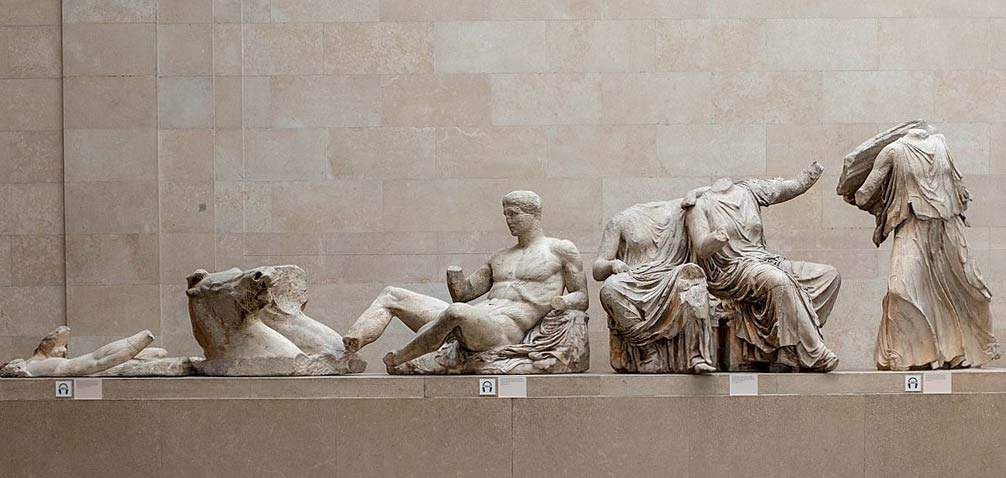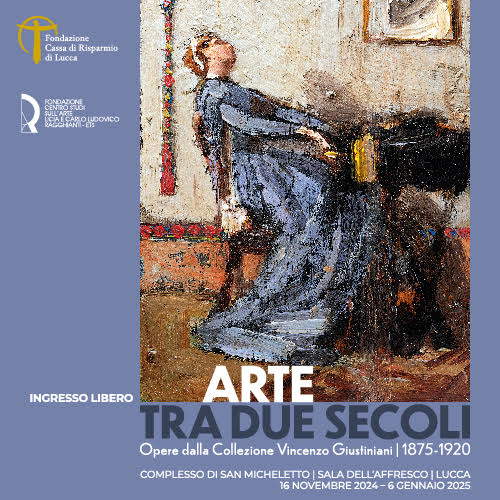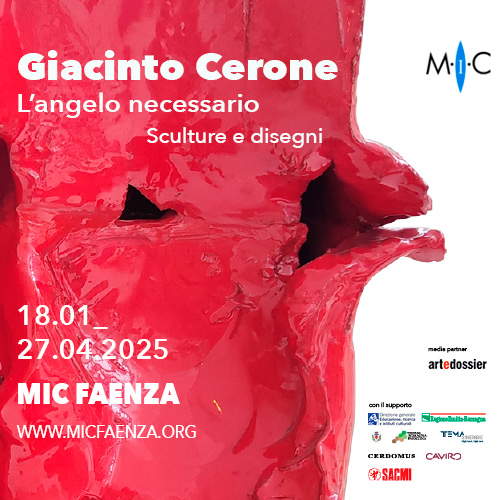British thefts, Greece returns to demand its marbles: Now it's a matter of credibility
The recent theft affair at the British Museum has prompted Greece to come back to more forcefully demand the return of the Parthenon marbles. The facts are well known: the London museum has fired one of its employees following a very high number of thefts that occurred within the museum, which is expected to have resulted in the loss of 1,500 to 2,000 museum objects, mainly jewelry and archaeological artifacts, dating from various periods (from the 15th century B.C. to the 19th century). The fired employee is Peter John Higgs, a curator of Greek and Roman art who has been employed by the British for more than 30 years, and suspected of stealing from within the museum for years. Many objects, moreover, ended up for sale on eBay, often at prices far below their true value.
Voicing Greece’s demands again in the wake of the unfortunate affair is Greek Culture Minister Lina Mendoni, who addressed the issue in an interview with the Hellenic daily To Vima. “The loss, theft, deterioration of objects from museum collections is an extremely serious and particularly sad event,” the minister premised. “When, in fact, this happens from within , beyond any moral and criminal responsibility, it raises a big question about the credibility of the museum organization itself. As I have already stated, the Ministry of Culture is following the development of this issue very closely.”
At the moment it is not known whether the stolen objects include Greek antiquities. The Greek government is following developments. The news alone, however, raises an important security issue. And this is not the first time that ancient artifacts have found themselves at the center of unpleasant incidents. “With regard to the Parthenon sculptures in particular,” Mendoni continued, “we recall the highly problematic situation of rainwater in the exhibition halls in 2019 and 2021, documenting the deterioration of the British Museum building. However, in the British Museum, Phidias’ masterpieces have been abused more than once. From 1816 and for about a century they remained exposed not only to London’s extreme air pollution, but also to a room where they burned coal in stoves without a chimney. This resulted in the blackening of their surface and its corrosion.” Mendoni then cites the aggressive restorations conducted from the 1830s until the 1930s on the Greek marbles.
The thefts at the British, in essence, now become one more argument for Greece. “Everything I have just mentioned,” Mendoni in fact concludes, “reinforces our country’s permanent and just demand for the definitive return and reunification of the Sculptors in Athens, in the Acropolis Museum.” The British has not commented.
Image: Parthenon Marbles, the southern part of the east pediment at the British Museum. Photo by Brian Jeffery Beggerly
 |
| British thefts, Greece returns to demand its marbles: Now it's a matter of credibility |
Warning: the translation into English of the original Italian article was created using automatic tools. We undertake to review all articles, but we do not guarantee the total absence of inaccuracies in the translation due to the program. You can find the original by clicking on the ITA button. If you find any mistake,please contact us.





























